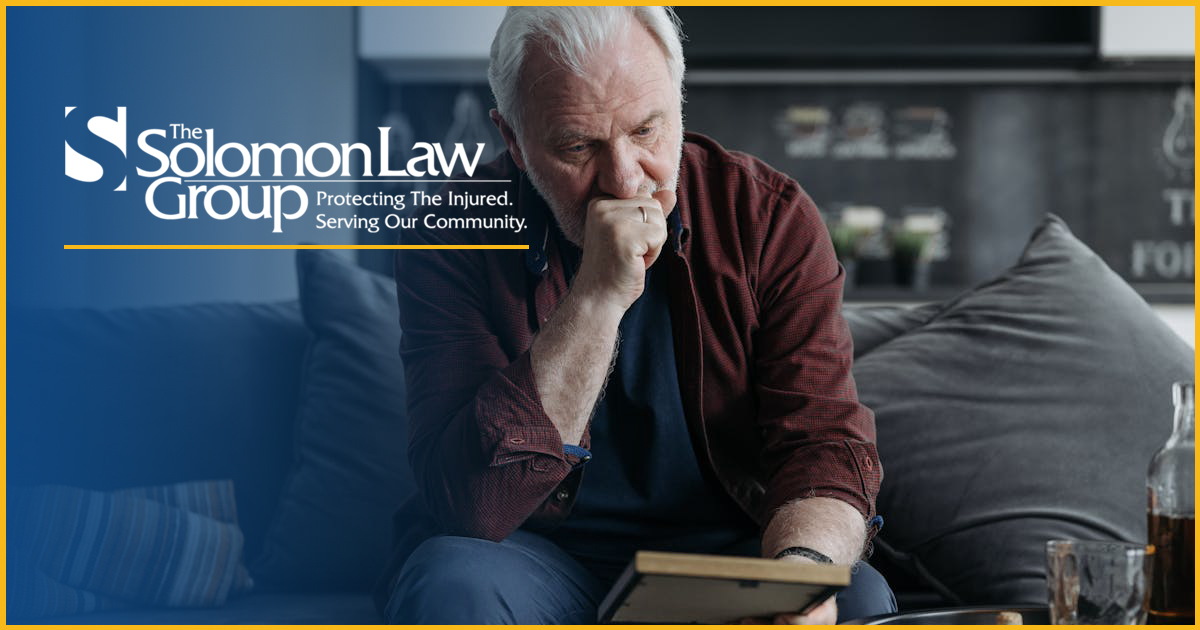Memory loss following a car accident is a concerning symptom that many people experience.
Whether it’s a minor fender-bender or a more severe collision, the impact on one’s cognitive faculties can be significant. But the question remains: is memory loss after a car accident normal?
Let’s delve into this topic to understand its complexities and provide clarity to those grappling with this issue.
Traumatic Brain Injuries and Post-Traumatic Amnesia
The human brain is a remarkably intricate organ, but it’s also susceptible to many forms of trauma.
Car accidents, even those deemed minor, can subject the head to sudden forces that can lead to a range of injuries, including concussions and traumatic brain injuries (TBIs). These injuries can directly affect memory function due to damage to the brain’s structures, especially those responsible for encoding, storing, and retrieving memories.
In the immediate aftermath of a car accident, it’s not uncommon for individuals to experience a phenomenon known as post-traumatic amnesia (PTA).
PTA refers to a state of temporary memory loss or confusion that occurs immediately following a traumatic event. During this period, victims may have difficulty forming new memories or recalling events leading up to and shortly after the accident. While PTA typically resolves in a relatively short time, it underscores the impact that traumatic events can have on memory function.
Severity of Memory Loss
The severity of memory loss following a car accident can vary a great deal, depending on a variety of factors, including:
- Speed of the vehicles involved
- The angle of the impact
- Position of the individual in the vehicle
- Whether or not individuals were wearing seat belts
High-speed collisions, or those that directly impact the head, increase the likelihood of more severe memory loss. Individual factors such as age, pre-existing medical conditions, and overall health will influence how the brain responds to trauma, as well.
It’s crucial to distinguish between temporary memory loss associated with PTA and more persistent cognitive deficits that may indicate a more serious underlying injury.
Seeking Medical Attention
While PTA typically resolves within hours to days following the accident, persistent memory problems may indicate a more severe brain injury, such as a concussion or TBI. Symptoms of a concussion can include ongoing confusion, difficulty concentrating, and memory problems that persist beyond the immediate aftermath of the accident.
Seeking prompt medical attention following a car accident is imperative, especially if you experience any concerning symptoms such as memory loss, confusion, or persistent headaches.
A thorough evaluation by a healthcare professional can help identify any underlying injuries and ensure appropriate treatment and management. Remember, early intervention is key to minimizing the long-term impact of brain injuries and maximizing recovery potential.
Encouraging Brain Health
In addition to seeking medical care, there are steps individuals can take to support cognitive function and facilitate recovery following a car accident.
Engaging in activities, such as getting an adequate amount of sleep, maintaining a balanced diet, and participating in cognitive exercises, can help support memory function and overall brain health.
Additionally, following any prescribed treatment plans and attending rehabilitation sessions can aid in recovery and minimize the long-term impact of brain injuries.
It’s also essential for individuals who have experienced memory loss following a car accident to prioritize self-care and seek support from friends, family, and healthcare professionals. Adjusting to life after a traumatic event can be challenging, and having a strong support network can make a significant difference in one’s recovery journey.
Additionally, seeking therapy or counseling can help individuals process their experiences and develop coping strategies for managing any lingering psychological effects of the accident.
Memory loss following a car accident is a complex issue that’s influenced by various factors, including the severity of the accident, individual characteristics, and the presence of underlying injuries.
While post-traumatic amnesia is common and usually temporary, persistent memory problems may indicate a more severe injury, such as a concussion or traumatic brain injury.
Seeking prompt medical attention, engaging in activities that promote the health of one’s brain, and seeking support from friends, family, and healthcare professionals are essential steps in managing the loss of one’s memories and facilitating recovery following a car accident.
By prioritizing self-care and seeking appropriate support, individuals can navigate the challenges of memory loss with resilience and determination. Our legal team at The Solomon Law Group may be able to help you recover compensation to receive top-notch care if you’ve suffered harm. Contact us to discuss your case today.












